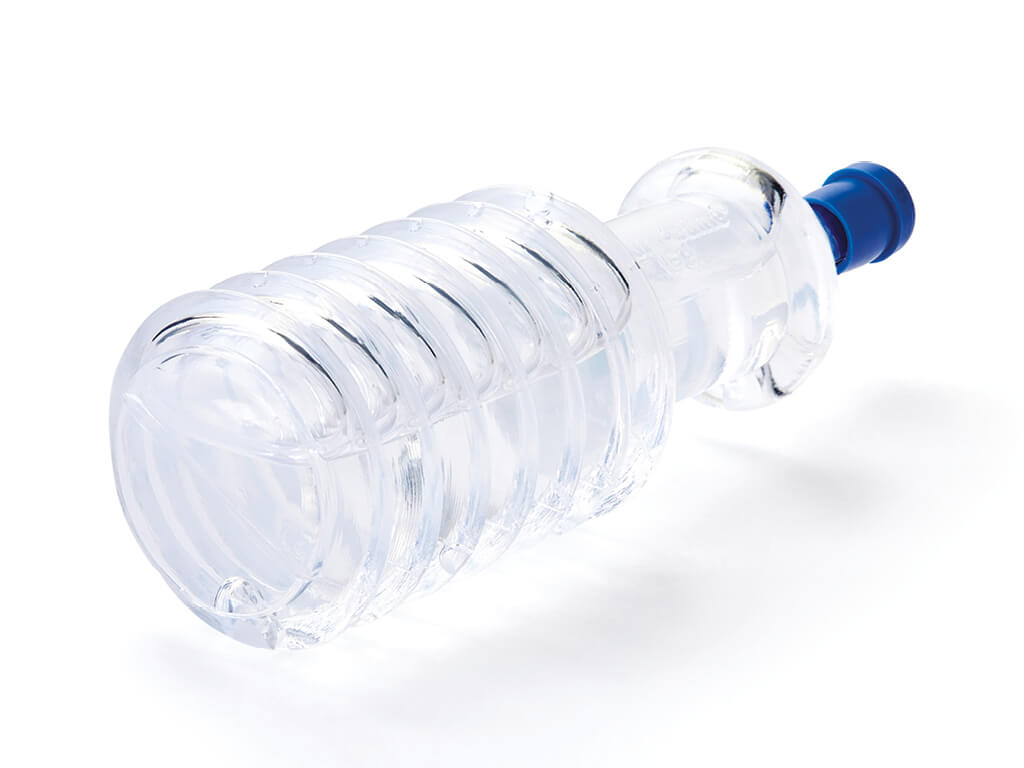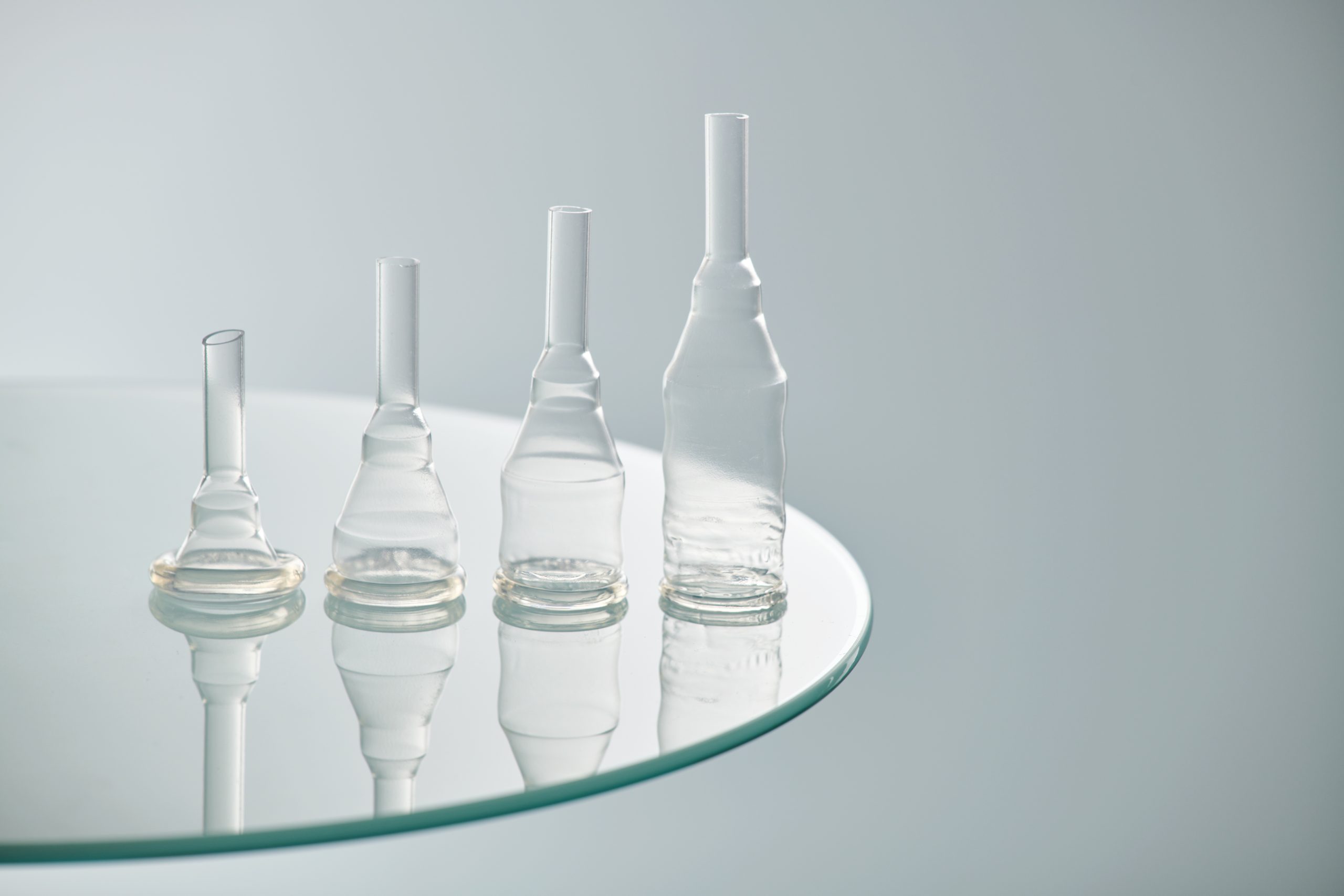Urology conditions you may not be aware of

Urology Condition 1:Glomerulonephritis
Within the kidneys there are tiny filters, known as glomeruli. Glomerulonephritis is the damage to these filters caused, in a lot of cases, by problems with the immune system. Symptoms include puffiness in the face, swollen ankles, headaches and kidney pain.
Treatment options range from dietary changes, immunosuppressants and statins, depending on what the root cause of the condition is.
Urology Condition 2:Penile Cancer
Penile cancer is very rare, with around 700 diagnoses a year. It can occur anywhere on the penis but most commonly under the foreskin if uncircumcised. Symptoms include a growth, rash and bleeding from under the foreskin. Treatment, as with any cancer, can include surgery, chemotherapy and radiotherapy.
Urology Condition 3:Varicoceles
This condition occurs when veins in the scrotum become enlarged. It is something that develops slowly, over time and is due to blood not flowing through the veins as it should, causing it to pool which, in turn, enlarges the vein. One of the complications of varicoceles is that it can reduce male fertility. In many cases, treatment is not necessary but, if it is causing discomfort or affecting fertility, surgery may be recommended.
Urology Condition 4:Interstitial Cystitis
Otherwise known as “Bladder Pain Syndrome”, Interstitial Cystitis affects 400,000 people in the UK, 90% of which are women.
The NHS lists symptoms as including intense pelvic pain and strong, frequent urges to urinate. A direct cause of interstitial cystitis is not known but it can result from conditions such as allergy, vascular disease and autoimmune disease.
and one you know off….
Urology Condition 5:Urinary Incontinence
As a specialist delivery service of continence appliances, we can’t not mention urinary incontinence. Affecting 3 million people in the UK alone, incontinence occurs when you pass urine involuntarily.
In some cases, measures such as lifestyle changes, pelvic floor exercises and bladder training may be enough to manage symptoms. In more severe cases. surgical options may be considered as well as medication and incontinence appliances.
If you suffer from incontinence, you shouldn’t suffer in silence. Reach out to a healthcare professional or arrange an assessment with one of Nightingale’s continence specialist nurses to get you on the right track to managing your incontinence and living your life.
Other blogs you might like

What is a catheter lubricant gel and why should I use one?
There are many additional products available to support the use of an indwelling catheter; catheter lubricant gels being...

What is a Urinary Sheath & How Does it Work?
A Urinary Sheath is an external catheter that is worn like a condom for males. Unlike most catheters, the sheath doesn�...

Five top tips for practicing self care
It is important to look after yourself, especially when you have a chronic health condition. We have pulled together som...
We’re here to help you
Our team are waiting for you to get in touch
